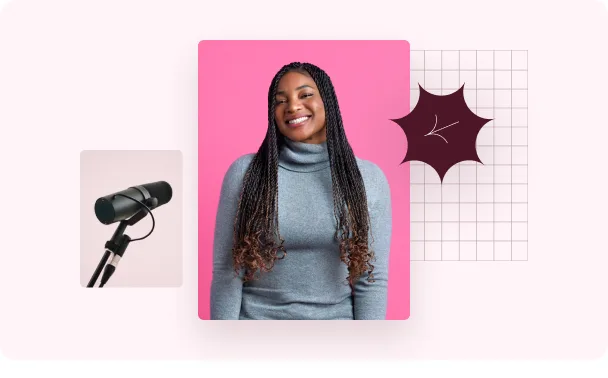Set boundaries
How to cultivate a successful mentoring relationship. I tell a story about when I did my counseling course like everyone was grown. We decided to set up a WhatsApp group. And the tutor said to us, it’s like, “What are the rules for this group?” And we’re like, “No, we’re all grown-ups. It’s going to be fine. Everyone knows how to behave.”
And at the end of each session, we have a group therapy. And then at the fifth group therapy session, she said, “Do you realize that you all spend at least 30 minutes talking about this WhatsApp group and how it’s making everyone feel?” And we were like, “Oh, wow.” And she was like, “This is because you set no boundaries.”
And so it’s very easy because a lot of times, when we come into mentoring situations, it’s someone we already know, someone we already like. And so you might just be like, “Oh, just go loosey-goosey. We’re all grown-ups. We’ll do it as it comes.” But it is really, really key, if you take anything from this, is boundaries. You need to set boundaries because if you don’t set boundaries, you can’t tell when they’ve been broken.
If you start a mentoring relationship and you allow someone free access all the time, and then you go three months down the lane and you’re like, “Oh, I don’t feel comfortable with this,” that will break the trust because it will be like a betrayal of this relationship that we’ve built. So set your boundaries right from the beginning.
And the first thing to think, “What’s the duration of this?” A mentorship is not an unending relationship, because if you leave it as an unending relationship, it can feel like a burden. So the first thing to do is set the duration, set the time, set the mode of contact. I only want to be contacted via emails, Monday to Friday, X, Y, Z. I can only respond here. I don’t want to be contacted via WhatsApp. You need to set those boundaries so that the mentorship that you are offering doesn’t become a burden to you.
Define outcomes
Next thing is define outcomes. Because a mentorship is a time, it’s a duration thing, it doesn’t go on forever, you need to make sure that you’re defining your outcomes so that you can monitor progress. If not, if you don’t set an outcome, how would you know if you’ve reached it? So make sure you set your goals.
Be vulnerable
Next thing to do is vulnerability. Because it’s a time-bound relationship, it’s essential that you build trust. Being genuine is what brings out a vulnerability in us because we don’t always want to show all the parts of ourselves.
But if you’re not doing that, you can’t build trust because this is someone coming to you at a very vulnerable stage in their life. Vulnerability builds trust. We all seek to build connection. So if you give, you will get.
Understand the ethics behind mentorship
And finally, this is a lot of responsibility, so you need to understand that there are ethics behind this.
Conflict of interest, confidentiality is key, because, again, you need to build that trust and keep that trust. And for other people to feel safe approaching you, they need to ensure and they need to see that you have kept the confidence of somebody else.
Power dynamics is another big one. You’re in a situation of knowledge, and someone is coming to you at a very vulnerable time in their lives.
Check that the power dynamics are right. Sometimes, especially in a professional setting, it might be that you’ve gone too high for a mentor, and you don’t feel free to, like, speak about the things that are happening at work because that person is in a position of authority, making decisions. So make sure that you check, oh, I really want to help somebody, but my contract says I have a non-compete, and I can’t really mentor someone in the same industry.
So make sure that you’re checking and you’re keeping all of those things, you are respecting the ethics of this relationship.
I will close with this quote by Maya Angelou. I love it so much. “When you get, give. When you learn, teach.” Thank you.











